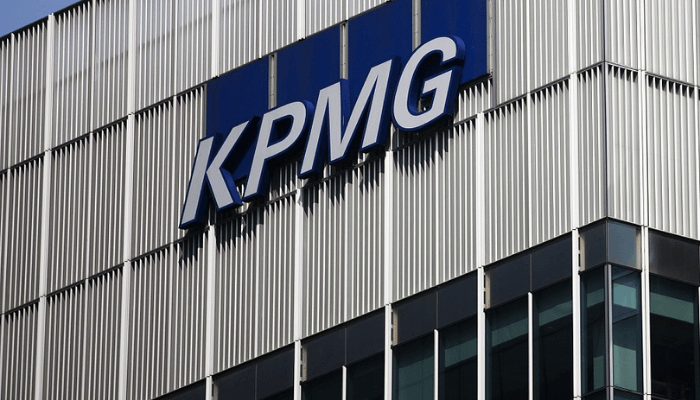The Federal Government should channel more of its energies on formulating and implementing policies that would help the manufacturing sector increase its export sales, KPMG has advised.
KPMG emphasises the growth of export sales for these companies as not only a proactive approach, aiming to boost their foreign exchange inflow but also to shield them from the considerable impact of FX exposure that has affected their operations amid the decline in the value of the naira.
Ijeoma Emezie-Ezigbo, Partner, KPMG Nigeria, offered this advice as a guest on Arise TV’s global business programme on Friday, discussing the topic “Excerpt of 2024 Budget—Manufacturing and Consumer Markets Sector.”
While acknowledging the positive aspect of the government allocating a significant portion of the budget to support the manufacturing sector, Ezigbo suggested a stronger emphasis on policies that promote and bolster their export earnings, considering the challenges posed by FX volatility and unavailability, which have led to the closure of several firms.
She argues that if these companies could increase their export earnings proportion in their total sales income, they could use this FX inflow to import much-needed inputs, especially raw materials and machinery, to continue in business.
Ezigbo said, “When you look at the challenges that the manufacturing sector has had in terms of FX, it has really been about two issues—the volatility and the availability of the FX. One is the volatility in the rates, which just makes it really difficult for them to plan, and the second one is whether the FX is available in the first instance.”
“When we sit down with our clients, most of them are referring to the black market to get FX because they need those critical FX to purchase raw materials and machinery that they need to get manufacturing going on.”
“So that is one sector that the government needs to get going not just from a budgetary point of view but from a fiscal and integrated monetary policy—a combination of both should help them stem the issue we have in the FX market.
“But beyond that, when we sit down with our clients, we see them trying to increase the volume of export sales. A lot of them have gone into significant investments in this area; Flour Mills, UAC, Nestle, and the breweries, they have done quite a bit.
“But despite that, when you look at the number, for example, Flour Mills of Nigeria, which is leading this sector, still has only a two percent contribution of export sales to its overall revenue, which is still very small.
“So what can the government do to ensure that there is an increase in export sales? So that beyond the availability of FX in the market, the consumer market and manufacturing companies can increase their level of FX earnings to fund their FX requirements.”
In economic theory, the argument has always been that a weak currency increases exports for a country. However, the Nigerian case is a deviation from this general belief because the fundamentals, such as its productive capacity, which encourages this, aren’t present in the country.
Ezigbo explained “Whether a currency is weak or not, it is about your productive capacity and your ability to find the right market, and of course, we have the right local market,” she said when quizzed about the possibility of a weaker naira driving exports.
“Today, poverty in Nigeria is at an all-time high, if you have a low exchange rate and you still don’t have the purchasing power for the local market and of the ability to export into the foreign market where you have your customers. You still won’t be able to get anything done with a weak exchange rate.”
Referring to China, which thrives on a weak currency while exporting extensively to the US, Europe, and Africa, she emphasised it as a potential model for Nigeria if the country were producing at a higher capacity.


